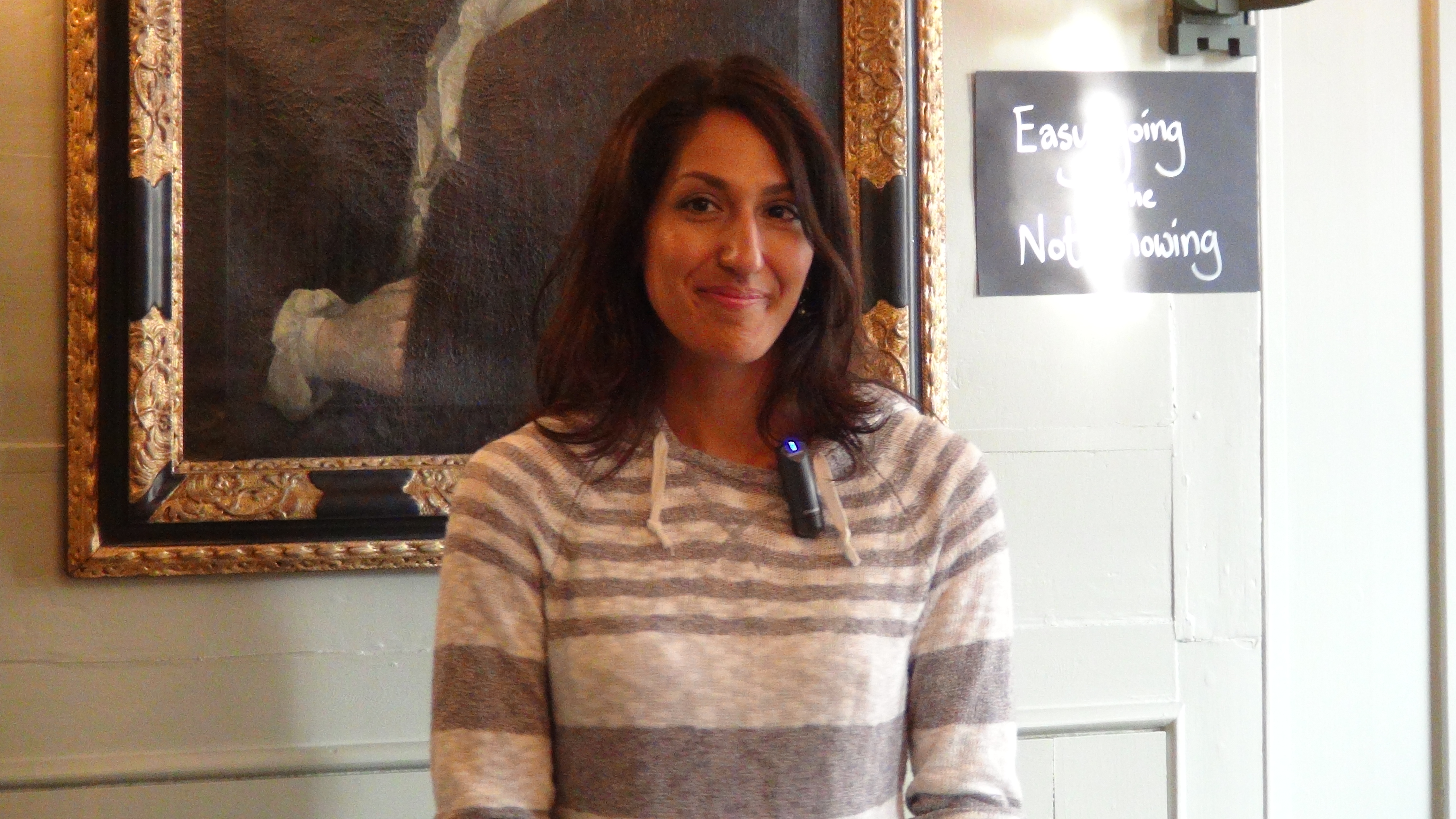Presence Training
What Causes Fear of Public Speaking?

If you want to gain greater confidence and enjoyment of public speaking, then you need to find a way forward that reinforces your natural strengths and eliminates your weaknesses. The following tips will give you a hand in that:
Being Self-Conscious in Front of an Audience
This is one of the major reasons for performance anxiety. Speech coaches will constantly hear the phrase “I’m fine talking to smaller audiences, but when a large audience is facing me, I feel extreme anxiety.” There are ways to get around that - remember that people in the audience are the same ones you can talk to on an individual basis. You should also remember that you’re simply talking to them, not presenting and you’ll do just fine.
Fear of Appearing Nervous
If you think that you look afraid when you’re up there on the podium, then you should know a lot of speakers tend to feel that way. It’s something people believe, that when the audience sees you are feeling nervous, they will think you know nothing about the topic you’re presenting. The two are not linked at all, however. When you see a nervous speaker, people don’t necessarily judge their professionalism, but they tend to sympathise.
Concerned about Being Judged
The reality of the situation is that most people don’t care about you, they care about the subject you’re talking about during your speech. They are there to take something out of your presentation or lecture, so they want their time to be well-spent. The audience is hoping you will do a great job, so think of that as a way to motivate yourself.
Poor Preparation
If you have done a poor job at preparing for your speech, then there is no way you will succeed. You can blame nobody but yourself in that case since nothing undermines an audience’s confidence in you than coming on stage unprepared. Being ready will give you the confidence boost you need. The choice is yours to make.
Narcissism
This is one of the toughest things you’ll need to hear when it comes to staging anxiety. Indulging the extreme self-consciousness of some public speakers can be a bit of a narcissistic element. If you are completely focused on yourself, then you will have a hard time influencing others to hear you out. You will have to get in the mindset that your audience matters, not your ambitions.
Lack of Faith in Your Abilities
This is something most people worry about. It is also one of the easiest things to solve. If you feel dissatisfaction with your speaking skills, then that is an excellent motivator for you to change and improve. Get the speech training you need to get things going. Just knowing you have undergone training and improving your skills can give you the faith you need to succeed.
Discomfort in Your Own Body
It is possible you may feel at ease with your friends, but completely self-conscious and awkward when you face a large audience. If that is the case, you should consider approaching things like you’re having a conversation with them, to relax and ignore the perception of your body’s looks, gestures and so forth. Think about the way you act with confidence in a comfortable environment, remember that you have it in you to act the same way, no matter the environment.
Poor Breathing Habits
Unless you were trained as a singer or actor, you are probably blissfully unaware of your breathing patterns. Public speaking requires a lot more air than your regular breathing, and you also need to control your exhalation and pauses to sustain sound until the end of your speech. Diaphragmatic breathing is the way to make that happen, also great for calming your nerves.

